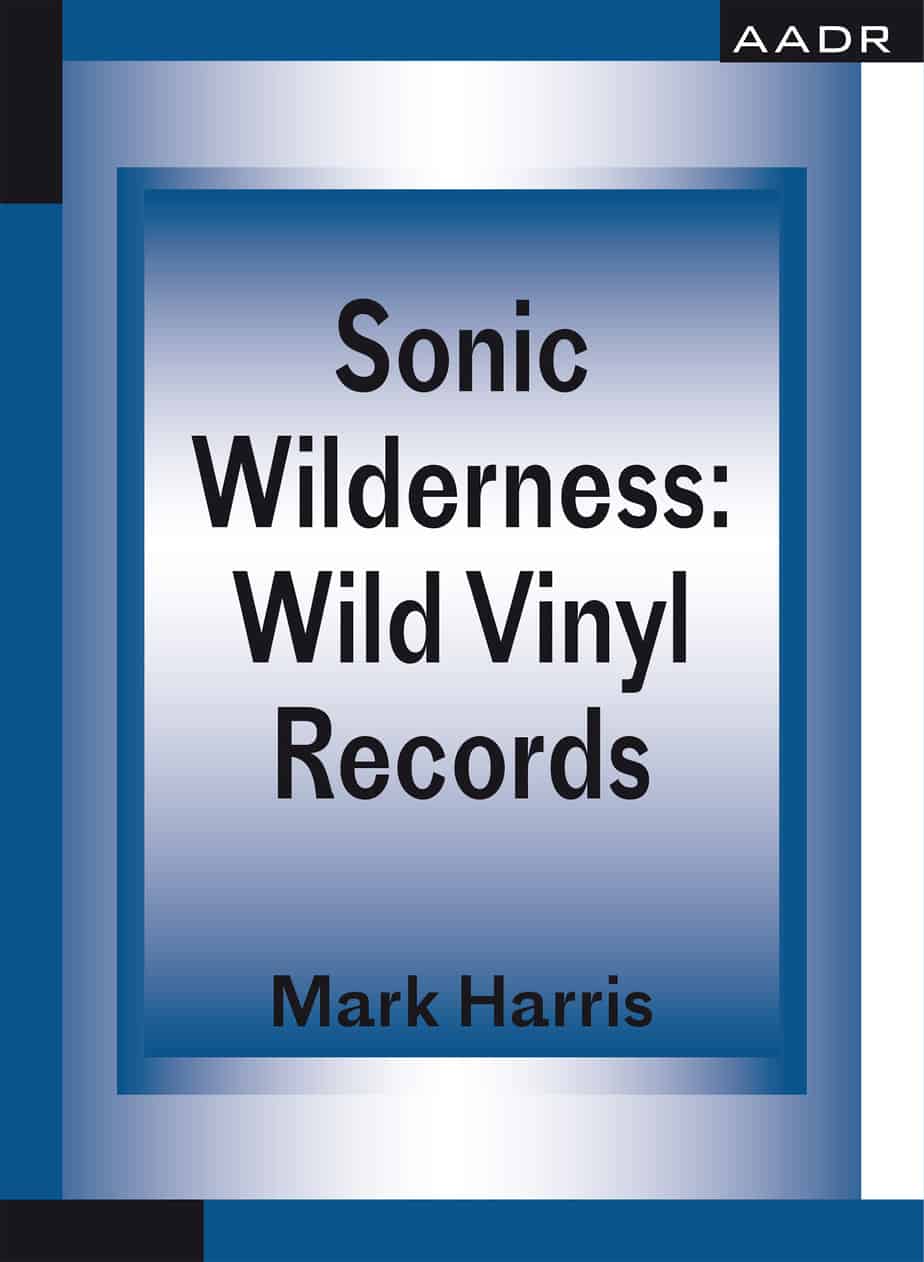Sonic Wilderness accesses the critical value of unusual vinyl records that concern our relationship with nature. These wild records reveal unconventional perspectives on the entanglements of human life with animals, gardens and plants. They form a lyrical unconscious exposing the conventions and ideologies of popular music, their warped perspectives and acoustic radioactivity comprising a resistance to enduring social, psychological and political conditions.
Mark Harris researches how language, image and music reveal everyday experience as remarkable. His art and writing concern avant-garde manifestations, including 19th-century utopianism, Surrealism, 60s communes, Beat poets and filmmakers, intoxication, sound studies and Caribbean poetics. Recent exhibitions and performances have occurred in Vienna, London, New York and Chicago. He is currently Professor of Fine Art at the University of Cincinnati, Ohio.
“A remarkable heterodox and illuminating history; Harris’s choices are unfailingly engaging. … a book, that will surely, open up new connections and attachments, between musical fields and sonic encounters. I enjoyed it immensely.”
John Roberts, Professor of Art and Aesthetics at the University of Wolverhampton
“Sonic Wilderness is a book about otherness and entanglement. It’s a study of human beings and their relationships to non-human beings – to trees, plants, animals. Philosophers, environmental scientists and mycologists have written extensively on this topic. British artist Mark Harris’s investigation is more idiosyncratic. Its archive is the backwaters of 20th century vinyl…What distinguishes these fertile fringes are their “nonconformist acoustics” which, Harris believes, create “subversive cracks in normative popular music”. They serve too as memory sumps preserving ideas, dreams and longings that were once seen as silly or irrational but may offer valuable insights today when there is a growing interest in precolonial, indigenous and occult forms of knowledge.… The most incredibly strange section is left to the end when Harris plots the history of pop records devoted to plants. They flourished in the 1970s when the ecological movement was itself blossoming. A watermark of sorts was noetic science researcher Ann Chase’s A Chant For Your Plants (1976)… Far better, Harris thinks, is “A Seed’s A Star/Tree Medley” on Stevie Wonder’s Journey Through The Secret Life Of Plants. Here, on an otherwise minor album, is a hint of “the hereditary durations of green intelligence where a different listening evolves”. It’s a tantalising conclusion to a wonderfully off-kilter and far-ranging work of experimental scholarship.”
Sukhdev Sandhu, The Wire, February 2022.






Reviews
There are no reviews yet.